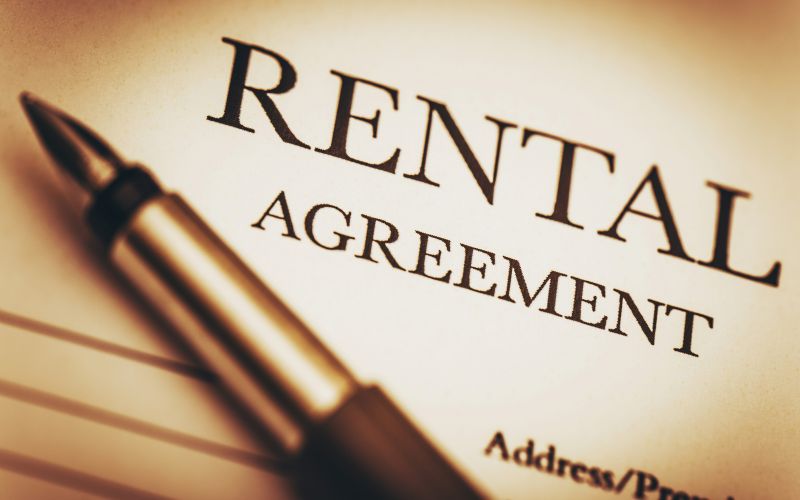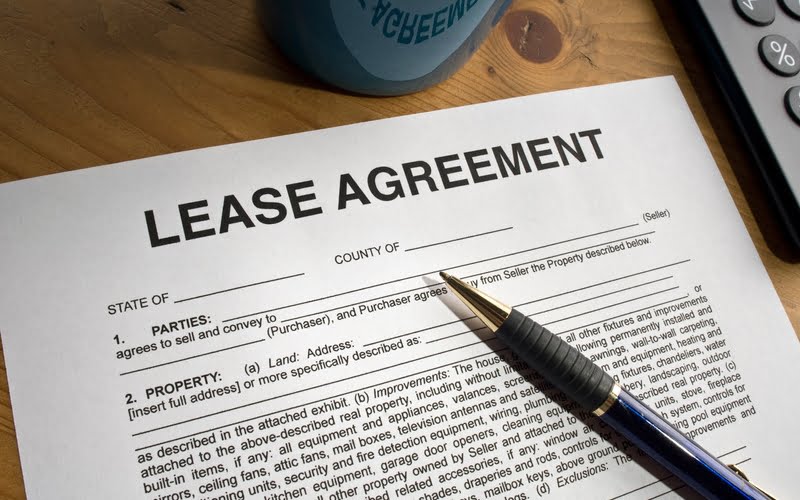Last Updated on March 18, 2024 by Kelvin Nielsen
Breaking a lease can be a stressful and complicated process for both tenants and landlords. However, there are legal reasons for a tenant to break a lease in Florida.
Understanding these legal grounds is essential for tenants who need to break their lease without facing financial and legal consequences.
Breaking a lease can have significant financial and legal consequences for both tenants and landlords. Tenants who break their lease without legal grounds may be responsible for paying rent for the remainder of the lease term or face legal action from their landlord.
Key Takeaways
- Legal grounds for lease termination in Florida include hazardous conditions, domestic violence, military deployment, and constructive eviction.
- Breaking a lease without legal grounds can result in financial and legal consequences for both tenants and landlords.
- It is important for tenants to explore alternative solutions before breaking their lease, such as subletting or negotiating with their landlord.
Related Posts:
- Can You Kick Someone Out of Your House in Florida?
- Can a Landlord Raise Rent Without Notice in Florida?
- Can a Landlord Charge a Cleaning Fee in Florida?
Legal Grounds for Lease Termination
If you are a tenant in Florida, you may be able to legally break your lease under certain circumstances. Here are some legal grounds for lease termination:
Active Military Duty
If you are a member of the armed forces, including the National Guard and the Public Health Service, and you receive orders for active duty, you may be able to terminate your lease early under the Servicemembers Civil Relief Act (SCRA). You must provide your landlord with a written notice and a copy of your orders.
Habitability Issues
If your rental unit is uninhabitable due to health and safety violations, you may be able to terminate your lease early. You must provide your landlord with a written notice and a reasonable amount of time to fix the issues before terminating your lease.
Landlord Harassment
If your landlord is harassing you, you may be able to terminate your lease early. Examples of landlord harassment include entering your rental unit without notice, turning off your utilities, or making excessive noise.
Domestic Violence
If you are a victim of domestic violence, you may be able to terminate your lease early under Florida law. You must provide your landlord with a written notice and a copy of a restraining order, police report, or other documentation.
Related Posts:
- Who is Responsible for Appliances in a Rental Property in Florida?
- How Often Must Landlords Repair Damaged Window Screens in Florida?
- Can a Landlord Terminate a Lease Early in Florida?
Financial and Legal Consequences
Breaking a lease can have significant financial and legal consequences. It is essential to understand the potential penalties before making such a decision.
Security Deposits and Penalties
If you break a lease, your landlord may withhold your security deposit to mitigate damages. Additionally, you may be subject to a penalty fee or early termination fee, as outlined in your lease agreement. These fees can vary depending on the terms of your lease.
Credit Impact and Collections
Breaking a lease can also negatively impact your credit score. Your landlord may report your delinquency to credit bureaus, which can have long-lasting effects on your creditworthiness.
If you fail to pay any fines or penalties for breaking your lease, your landlord may send your debt to a collection agency, further damaging your credit.
Legal Recourse and Disputes
If you break a lease, your landlord may take legal action against you. You may be subject to fines, penalties, or even eviction. It is essential to seek legal advice if you are facing legal action related to breaking your lease. Small claims court may be an option if you are disputing any charges related to breaking your lease.
Related Posts:
- Are Landlords Responsible for Pest Control in Florida?
- Florida Tenant Rights When Landlord Sells Property
- Roommate Laws in Florida
Alternative Solutions to Breaking a Lease
Mutual Agreements
If you find yourself in a situation where you need to break your lease, consider speaking with your landlord or property management company about the possibility of a mutual agreement.
This can be a viable option if both parties are willing to negotiate and come to a compromise. For example, you may be able to find a replacement tenant or agree to pay a fee to end the lease early.
Subleasing and Assignments
Another option to consider is subleasing or assigning your lease to another tenant. Subleasing involves finding someone to take over your lease for a specified period of time, while assignment involves transferring your lease to someone else entirely.
However, it’s important to check with your landlord or property management company beforehand, as they may have specific rules or requirements regarding subleasing or assignments.
Seeking Legal Advice
If you’re unsure about your options or have concerns about breaking your lease, it may be helpful to seek legal advice. An attorney can review your lease agreement and provide guidance on the legal reasons for breaking a lease in Florida. They can also help you understand your rights as a tenant and the potential consequences of breaking your lease without a valid reason.
Remember, breaking a lease can have serious consequences, so it’s important to explore all of your options and make an informed decision. By considering alternative solutions and seeking professional advice, you can minimize the potential impact on your finances and future rental opportunities.
Frequently Asked Questions

What are acceptable medical reasons for terminating an apartment lease in Florida?
If you or a family member has a medical condition that requires a change in living arrangements, you may be able to terminate your lease in Florida. The condition must be severe enough to impact your ability to live in the apartment and must be supported by a doctor’s note.
Under what circumstances can a lease be legally terminated without penalty in Florida?
Florida law allows tenants to terminate their lease without penalty if the rental unit becomes uninhabitable due to circumstances beyond their control, such as natural disasters, fire, or flood. Additionally, if the landlord breaches the lease agreement, you may be able to terminate the lease without penalty.
Is it possible to break a lease in Florida if purchasing a home, and what are the implications?
If you are purchasing a home and need to break your lease in Florida, you may be able to do so by negotiating with your landlord or by finding a subletter. However, breaking a lease without proper notice or agreement from the landlord may result in legal consequences.
What is the time frame for retracting a lease agreement after signing in Florida?
Once you sign a lease agreement in Florida, it becomes legally binding. However, if you change your mind within three days of signing the lease, you may be able to retract it without penalty under the state’s cooling-off rule.
How does Florida law protect victims of domestic violence seeking to break a lease?
Florida law allows victims of domestic violence to terminate their lease early without penalty. The victim must provide the landlord with a written notice and a copy of the restraining order or police report.
Can breaking a lease impact your credit score in the state of Florida?
Breaking a lease in Florida can result in legal consequences, but it does not directly impact your credit score. However, if the landlord files a lawsuit against you for unpaid rent or damages, it may appear on your credit report as a collection account.
Disclosure: The content herein isn’t a substitute for advice from a professional attorney. It’s only meant to serve educational purposes. If you have a specific question, kindly seek expert attorney services.
Sources: Servicemembers’ Civil Relief Act, Florida Landlord Tenant Rights, Warranty of Habitability in Florida

Amanda Rose is a seasoned landlord with 13+ years of expertise in overseeing diverse properties. Her adept management spans single and family homes, along with multi-family apartments and condos, across Wyoming and South Dakota. Her commitment and proficiency have cemented her status as a thriving property management professional.
She is a member of the following organizations: Wyoming Landlord’s Association, National Association of Residential Property Managers (NARPM), Wyoming Apartment Association, South Dakota Multi-Housing Association (SDMHA), and South Dakota Landlord Association (SDLA).







